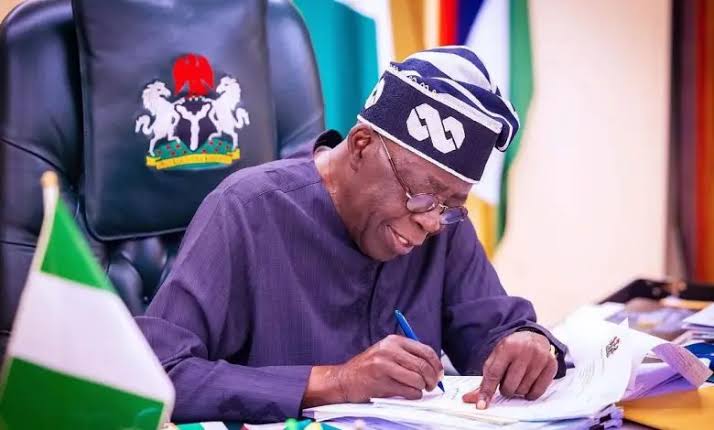In a nationwide broadcast marking his second year in office on May 29, 2025, President Bola Ahmed Tinubu asserted that his administration’s economic reforms are yielding positive results. He cited a decline in inflation and reductions in the prices of staple foods such as rice, beans, and garri as indicators of progress.
“Today, I proudly affirm that our economic reforms are working. We have stabilized our economy and are now better positioned for growth,” President Tinubu stated. He acknowledged the hardships faced by Nigerians due to policy changes but emphasized that these measures are laying the foundation for a more sustainable future. “Despite the bump in the cost of living, we have made undeniable progress,” he added.
However, public response to the president’s remarks has been mixed. While some citizens acknowledge the efforts made, others point to ongoing challenges such as high fuel prices, currency devaluation, and rising living costs. Reports indicate that fuel prices have increased from ₦145 to over ₦900 per liter, and the naira has depreciated from about ₦700 to over ₦1,600 against the dollar. Additionally, Nigeria reportedly recorded the largest increase in acute food insecurity globally in 2024, with an additional 6.9 million people facing high levels of acute food insecurity, bringing the total to 31.8 million.
President Tinubu’s administration continues to face scrutiny over its economic policies, with citizens and analysts closely monitoring the impact of reforms on daily life.
